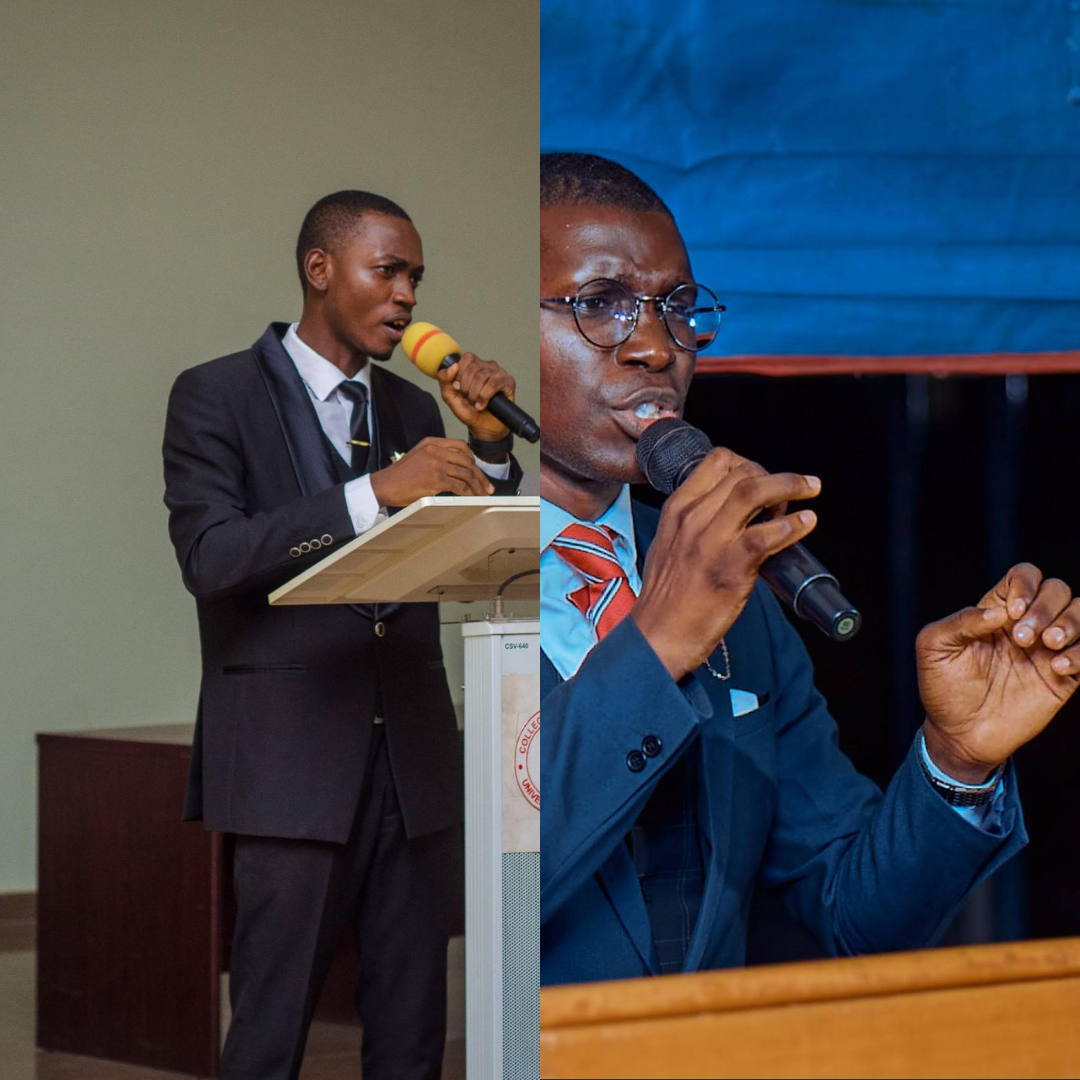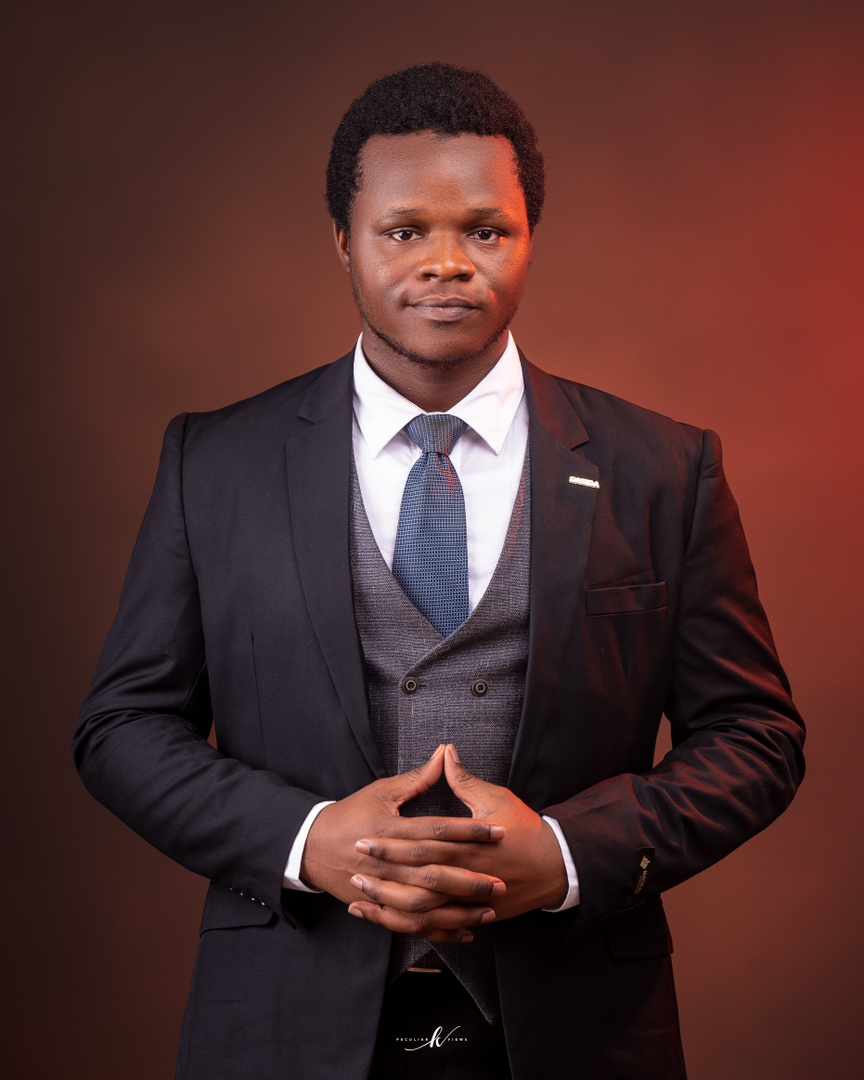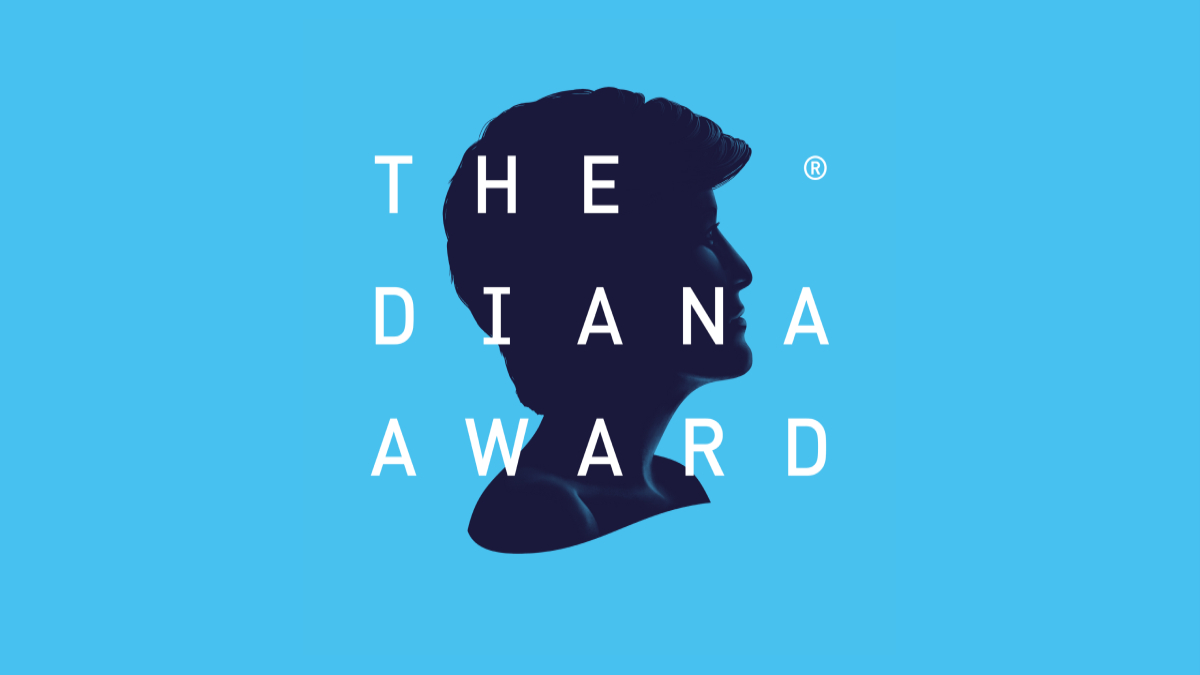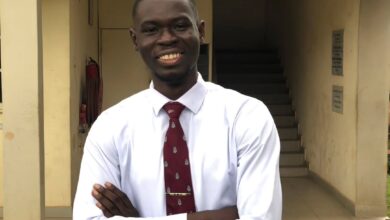Academic Stories (03): An Interview with the Best Graduating Student, EHS Oluwadamilare Caleb Fabiyi

It’s convocation season in UI again—and just like always—it’s another time to watch faces we have attributed to this space leave with a smile. Some faces, more prominent than others, and some smiles even wider.
If you’re a Zikite, you probably don’t need to be introduced to this article’s star. He goes by the moniker Fadaca, and has been at the forefront of so many outstanding spaces that the sobriquet has become a household name. Our interviewee today, Oluwadamilare Caleb Fabiyi, has proven to be an achiever on all fronts, excelling not just in his numerous extracurricular activities but even in his academic pursuits by rounding up his undergraduate studies as the best graduating student in the department of Environmental Health Sciences as well as the faculty of Public Health. How did he excel in all ramifications? Stick around and enjoy his story.
Q: First of all, a huge congratulations on emerging as the Best Graduating Student of your department! Could you please introduce yourself and share what that moment was like when you first heard the news?
Fadaca: Thank you once again. I am Oluwadamilare Caleb Fabiyi. I was recently inducted into the Environmental Health Council of Nigeria, where I was the valedictorian of my class. I will also be officially graduating as the best student in the department of environmental health sciences and also the best in the Faculty of Public Health during the convocation ceremony that will be held in a few days. I have been working towards it for the past 7 years, and I am very glad it has become a reality. When I saw the senate list, I was very glad and gave thanks to God who strengthened me through.
Q: That’s really nice. I can only imagine how it must have felt in that moment to have something you’ve worked for for 7 years finally come to fruition. Let’s talk about your course of study. What is it about Environmental Health Science that sparked your interest?
Fadaca: Truly, I initially wanted to study medicine. I missed the cut-off, and I planned to take Environmental Health Sciences and cross to medicine in my second year. However, something happened in 2020. I had a CGPA of 3.88/4.0 in my first year, and as I was planning to cross, COVID-19 struck, and everybody went home. I was particularly attracted to the fact that the highlight of COVID-19 was preventive health practices, which were mainly environmental health-based based like handwashing, usage of nose-masks and many others. I was also attracted to the epidemiological aspect of managing the diseases, which prompted more research, and despite several parental and professional advice, I decided to stick with Environmental Health.
Q: That’s a beautiful backstory, and you’ve really highlighted the neglect some courses face in the face of more conventional courses like Medicine and Surgery. From your perspective, what is the most important contribution your field can make to Nigeria’s development right now?
Fadaca: Looking at the Environmental Health challenges faced by the country, one can mention quite a number of areas. However, I am particularly concerned with the issue of indiscriminate waste disposal and poor waste management, related improper hygiene practices, and the lack of quality water both for drinking and domestic usage. These are the most critical issues that are faced by Nigerians and predispose over half of our population to various preventable infectious diseases and loss of productive work hours, and even sometimes death in cases of acute diseases like cholera.
Q: I agree. It’s quite reassuring that we are going to be having you, as well as your colleagues, inform these practices soon. Could you walk us through the academic strategies or principles that you found most effective throughout your years at UI?
Fadaca: I surely believe in principles a lot. I believe there is a reward for hard work and diligence. My watchword is that “anything worth doing is worth doing well”. Every single thing I did was always my best, and I wanted excellence. Also, I learnt prioritizing as the key to proper time management. I held over 15 leadership positions, examples of which were the pioneer president of the Students’ One Health Club and the Hall Chairperson of Nnamdi Azikiwe Hall.
Q: That was exactly what I was going to ask about next. We’d love to hear about your life outside the lecture halls. What did your extracurricular activities look like?
Fadaca: Truly, that was a whole lot. My extra-curricular life was really what made me a notable figure within and outside the walls of the university. I was able to move progressively in both political leadership, organizational leadership and academic leadership. I grew from being a clerk at the Nnamdi Azikiwe Hall Legislative Council in my second year to being the Chairman in my final year. I started from volunteering for environmental programs and rose to the challenge of co-founding EcoCIS, an environmental NGO. In addition, I moved from just being an environmental health student to pioneering the leadership of Students’ One Health Club as the President, organizing a state-wide Antimicrobial Resistance Awareness campaign, leading over 1000 students. This is among several other services that were done at the departmental, faculty, hall and the Student Union level.
Q: That’s quite a list of involvements. You mentioned serving in the Nnamdi Azikiwe Hall executive council. Could you tell us more about your roles there and what motivated you to take them on?
Fadaca: Well, I have a naturally inquisitive drive for problem-solving. It started with a motivation to get cleaner facilities on my floor as a representative in the legislative council, to solving academic problems as the Hall Secretary, and finally to solving the age-long water and other infrastructural problems as the Hall Chairman. This finally earned me the Hall Management Category of the Fifteen Outstanding Personalities Awards of the Junior Chamber International, University of Ibadan. Eventually, I was able to create a governance structure that can be built on to solve problems, leading a constitutional reform that incorporated 4 committees that will lead the evolution over the next few years (Alumni Relations, Leadership Training, Digital Skills Empowerment and Welfare Committee). I also led the team to create a 68-page needs assessment document that has all the problems of the hall and the recommended solutions with cost implications.
Q: That’s really outstanding. It’s easy to see the results and want it, but the position of the Hall Chairman must have been very demanding. What was that experience like?
Fadaca: It was more of a full-time job in my final year, also at a time when I was leading the Students’ One Health Club among compulsory academic commitments. I will say it was the final test of my time management skills, my academic priorities and mental resilience in a very taxing schedule. I will say that the Hall Chairman was the most demanding because I was catering to the domestic needs of over 1500 students living in the same compound as me. I learnt communication, servant-leadership and effective delegation.
Q: You mentioned that you also founded organizations like EcoCIS Club and the Students’ One Health Club. What was the vision behind creating these groups?
Fadaca: The Students’ One Health Club was really a vision of the Antimicrobial Stewardship Committee of the University College Hospital. It started during the 2023 World Antimicrobial Resistance Awareness (WAAW) week when students played a central role in the organization and planning in an effort led by Dr Babatunde Ogunbosi. I was merely a volunteer as a scientific committee member at this point. I took up a more central leadership role after the program due to my efforts during the week, which led to the eventual official launch of the Students’ One Health Club at the 4th Public Health Conference, where I was nominated as the President. We eventually organized the WAAW week 2024, uniting students from the animal health, human health and environmental health spheres to organize a holistic campaign. We had over 1000 volunteers from over 22 departments. For the EcoCIS Club, it can serve as a personal drive to reach those who bear the primary burden of inadequate water, poor sanitation and hygiene at rural schools, communities and general markets. Through concentrated youth-led efforts and strategic partnerships, significant efforts have been made in this regard.
Q: It is really amazing and inspiring that all these are tailored to your primary field of interest. Excelling academically is a full-time job, and so is student leadership. How did you approach the challenge of balancing your demanding studies with your significant leadership responsibilities?
Fadaca: The complex and simplistic answer might be time management, but I think, being more granular, I will say having priorities, knowing what to concentrate on and how. I chose what to focus on at each time and put my best into it. It is less about balancing and more about planning a strategic focus that will help me to put my best efforts into momentary tasks. This way, I don’t drain myself out. Also, a very important skill is being able to delegate and trust other rising leaders with responsibilities.
Q: Very well then—can you describe what a typical week looked like for you in your final year, juggling your project, final exams, and duties as Hall Chairman?
Fadaca: I won’t want to say chaotic, for the most part of it, I tried to stay organized by planning days ahead with sticky notes. However, being a hall chairman comes with unplanned responsibilities; things just show up without planning for them. On a random day, I wake up at 5 am and go to bed around 12 am, barring any middle-of-the-night emergencies. I didn’t miss classes, I had to skip sleep during exams, and I had to sacrifice having anything personal life apart from going to church or watching Arsenal.
Q: Was there ever a point where you felt overwhelmed by it all? How did you push through those moments?
Fadaca: I felt overwhelmed at several points. I sometimes had to drop less important tasks and replace my tasks. Also, sometimes, I just delegated some duties to capable hands. Basically, whenever I feel overwhelmed, it is a time to reflect on my time management and realign priorities to my goals.
Q: On a lighter note, we heard you’re a big football fan. So, tell us—which club do you support? I think you mentioned Arsenal earlier, and of course, who’s your all-time favourite player?
Fadaca: Well, I support Arsenal. My favourite all-time player is not an Arsenal player; it is Cristiano Ronaldo. He is just my favourite because I learn a lot from his personal life principles and discipline. It is less about his comparative footballing abilities.
Q: A lot of students find it difficult to juggle academics, leadership, and a romantic relationship. Was this something you had to navigate as well during your time at UI?
Fadaca: Well, of course, it was a major challenge, but yeah, I had to navigate it.
Q: Would you be willing to expatiate?
Fadaca: Well, there was little or no significant priority attached to romantic relationships, and that was it about that. It was never a priority when it came to my time management. So yeah, it was a trade-off to gain more time for more salient things and delay whatever gratification could apparently seem missed.
Q: Looking back on your entire journey at UI—the academic highs, the leadership experiences—what is the single most valuable lesson you’re taking with you?
Fadaca: The single most valuable lesson is the importance of doing the next at whatever is committed to my hands, no matter how small it might appear to be.
Q: What advice would you give to a current student who wants to succeed academically but is also hesitant about taking on leadership roles for fear that it might affect their grades?
Fadaca: I will say that it is all about destination and focus; there are people who succeed at both leadership and academia comfortably, while others can only cope with one effectively. The truth is, we can all combine both, but it depends on the level of growth and capacity to manage responsibilities. The primary responsibility of being on campus is academic excellence, and it should be treated as such.
Q: On to my big question, what’s next for Oluwadamilare Caleb Fabiyi?
Fadaca: Well, to will and to do is in the hands of God. But I have started my NYSC at an international Healthcare NGO in Abuja. Also, I am exploring opportunities to further my studies in the area of my specific interest, which is environmental epidemiology of infectious diseases.
Q: We wish you all the very best in this new phase of your life. Finally, do you have any parting words for our readers?
Fadaca: Thank you. I will simply say anything worth doing at all is worth doing well.



